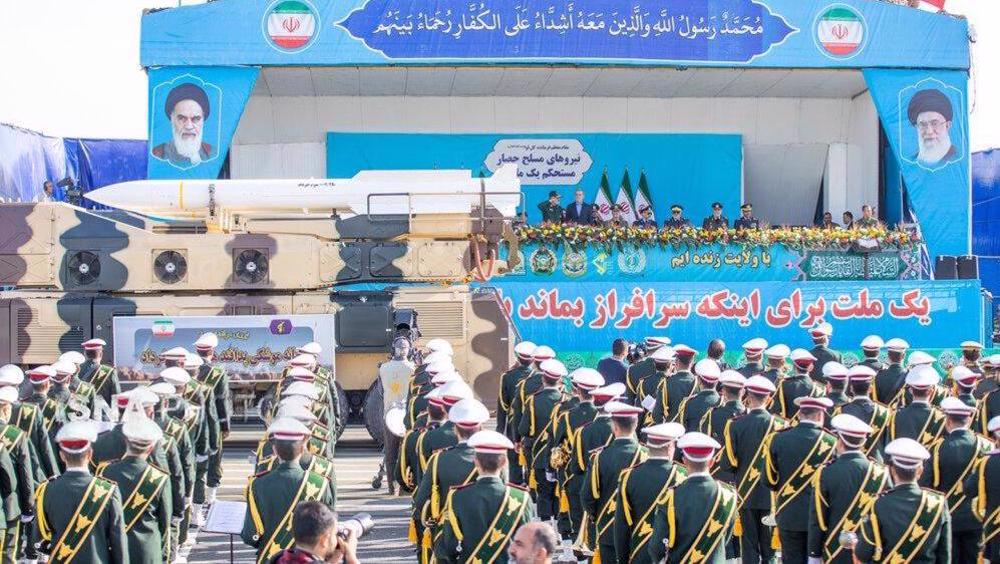IN THE MEDIA
Annapolis: The Devil’s in the Details
December 4, 2007 | Colin Rubenstein
Colin Rubenstein
An edited version of this article was published in the Herald Sun, December 4, 2007
The Annapolis peace conference marked a hopeful start to a renewed negotiating process between Israel and the Palestinians. All of the parties said the right things, and the presence of many moderate Arab and Muslim states at the conference was a welcomed development. And as hard as it was to get everyone to Annapolis in the first place, now the tough part really begins.
At Annapolis, Israel and the Palestinians committed themselves to a two-track process. Both sides will implement confidence-building measures while at the same time engaging in continued, sustained negotiations on the “core issues” of the conflict. The core issues are the status of Jerusalem, borders, security and refugees. In short, the same issues that have tripped up the parties for decades.
Nevertheless, the goal is to have a comprehensive agreement by the end of 2008. This is not a firm deadline, however, and there is not a negotiating timetable. The two sides may even finalise an agreement but not implement it until all they take all the confidence-building steps.
These steps are the same ones both sides agreed to under the dormant 2003 “Road map”. According to the Road map, Israel is supposed to curb settlement activity and ease Palestinian freedom of movement while the Palestinians must move to dismantle the terrorist infrastructure and reform Palestinian Authority (PA) governing institutions. These steps are still necessary for the parties to establish trust and prove their ability to implement their commitments.
To help make sure the parties take the necessary actions, the US agreed to play referee. A senior US general will monitor the sides’ implementation and publicly declare failures to follow through. This public shaming may add real consequences to this failure, but only if the parties’ obligations are clearly defined. This has not yet happened, however. Until it does, both sides will continue to differ on what they and the other side are actually required to do.
Palestinian obligations may be particularly difficult to both implement and judge. PA President Mahmoud Abbas controls only the West Bank whilst Gaza is firmly in the hands of Hamas, which continues to call for the destruction of Israel. Will the PA be given a pass if it acts only in the West Bank? In general, how will the parties deal with the challenges to peace of a Hamas-controlled Gaza?
As has been shown time and again, resolving the core issues will not be any easier. The parties still need to assign the working groups that will discuss each issue starting December 12. Of them all, the hardest to solve may be the Palestinian and Arab demand for a so-called “right of return” for Palestinian refugees from 1948. The unlimited right of return of these refugees and all of their descendants to Israel has been a consistent part of the Palestinian and Arab demands for nearly 60 years. In fact, in all that time, all but one of the Arab countries where the refugees now live have kept them in refugee camps and refused to make them part of their societies.
This is a non-starter for Israel, however, since in practical terms it means the disappearance of Israel as a Jewish state. No Israeli government can be expected to negotiate its own suicide. Palestinian and Arab willingness to recognise Israel’s right to exist as a Jewish state is critical to convince Israelis that the peace process is about Israel’s borders rather than its destruction by other means. As long as Palestinians and Arabs refuse to recognise Israel as a Jewish state, Israelis will remain convinced that the conflict is about Israel’s very existence.
Painful compromises clearly will be necessary by both sides, and here the continued support of the international community will be critical as the process moves forward. Moderate Arab and Muslim states in particular can play an important role by providing Abbas the political support he needs to make the necessary compromises. These states should also contribute financially at the upcoming donor’s conference to support economic projects in the Palestinian territories. States like Indonesia are also in a good position to help reform Palestinian institutions.
Finally, the international community should press Arab and Muslim states to begin establishing relationships with Israel at the same time that the Palestinians and Israelis implement their obligations to one another. This would be a significant psychological step that would show Israelis that a comprehensive peace is possible. It would also demonstrate the concrete benefits that Israel will get in exchange for the concessions it will have to make for peace.
Dr. Colin Rubenstein is the Executive Director of the Australia/Israel & Jewish Affairs Council. Previously, he taught Middle East policy at Monash University for many years.
Tags: Israel, Palestinians





